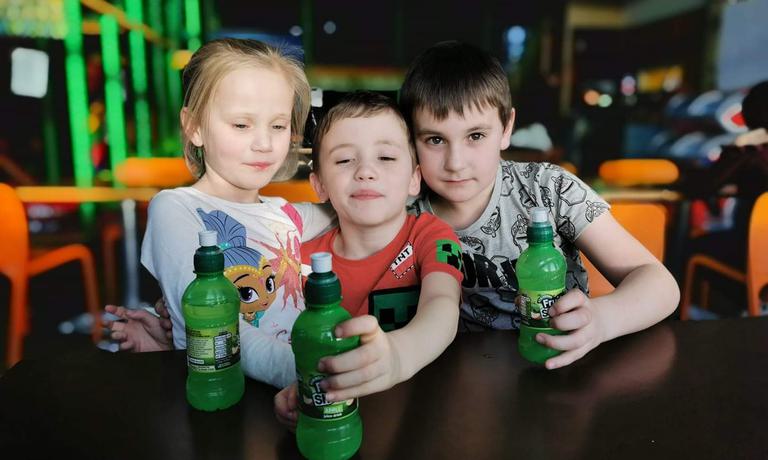11 million people in the UK live with a limiting long-term illness or disability, and they face far greater barriers to living a long and healthy life than non- disabled people.
If you are a disabled person or have a learning disability, you are statistically less likely to have access to a good education and qualifications, decent housing or a secure job. You could be cut off from your local environment, if it is difficult to use public transport or access public spaces. That could also mean you miss out on the chance to get involved in your community or to feel you have control over your daily life.
The poverty rate (the number of households living below the poverty line) for disabled people is high and this has a huge impact on life expectancy.
These inequalities have been made worse by the COVID-19 pandemic. A large proportion of deaths from COVID-19 have been of disabled people, many of them people with learning disabilities who already have a life expectancy much lower than average. Between January and November 2020, people with disabilities accounted for 6 out of every 10 deaths (59.5%) involving Covid-19. Whilst this can partly be explained by “underlying health conditions”, it is clear that socio-economic disadvantage also plays a part – factors such as poverty and isolation.

- Disabled people are almost twice as likely to be unemployed as non-disabled people.
- The life expectancy of people with learning disabilities is 27 years less for women and 23 years less for men than people without learning disabilities.
- Prior to the Covid-19 pandemic half (50%) of all people in poverty lived in a family that included a disabled person.
Our work on disability and health
We fund projects that work with disabled people and people with learning disabilities to come together to address inequalities in their local area. This might mean improving social connections by involving people with learning disabilities in their local community or using community power to influence decision-makers and improve accessibility in local spaces.
Some groups work within specific neighbourhoods, strengthening ties between disabled people in the local area and non-disabled residents. This work can revolve around raising awareness of hate crime and discrimination and making community spaces more accessible. We also fund community groups run by and for disabled people across a larger area who want to tackle specific issues such as access to employment opportunities.
Visiting the works with Southern Gas Network (SGN) was a fantastic opportunity to be listened to and asked for input around our lived experiences as disabled people. It [The Local People project in Brighton] was a great example of local people being able to share their knowledge and insight of access barriers to spaces, systems and services, with the possibility to influence significant decision-makers.
Harriet Cavanagh
Community Engagement Officer for Scope


The Castle & Beyond - Our Voice, Our Community
The project provides opportunities for people to access activities in their local community where they feel comfortable to explore their interests and build social connections.
The research on disability and health.
Equality Human Rights Commission, Being disabled in Britain: A journey less equal (2017)
National Institute for Health Research, Better Health and Care for All (2020)
Scottish government, Scotland’s Wellbeing: national outcomes for disabled people (2019)
Scope, Do the Right Thing, Supporting disabled people through the cost of living crisis (2022)
